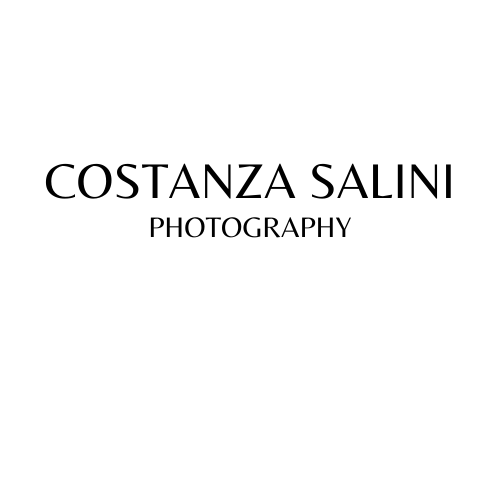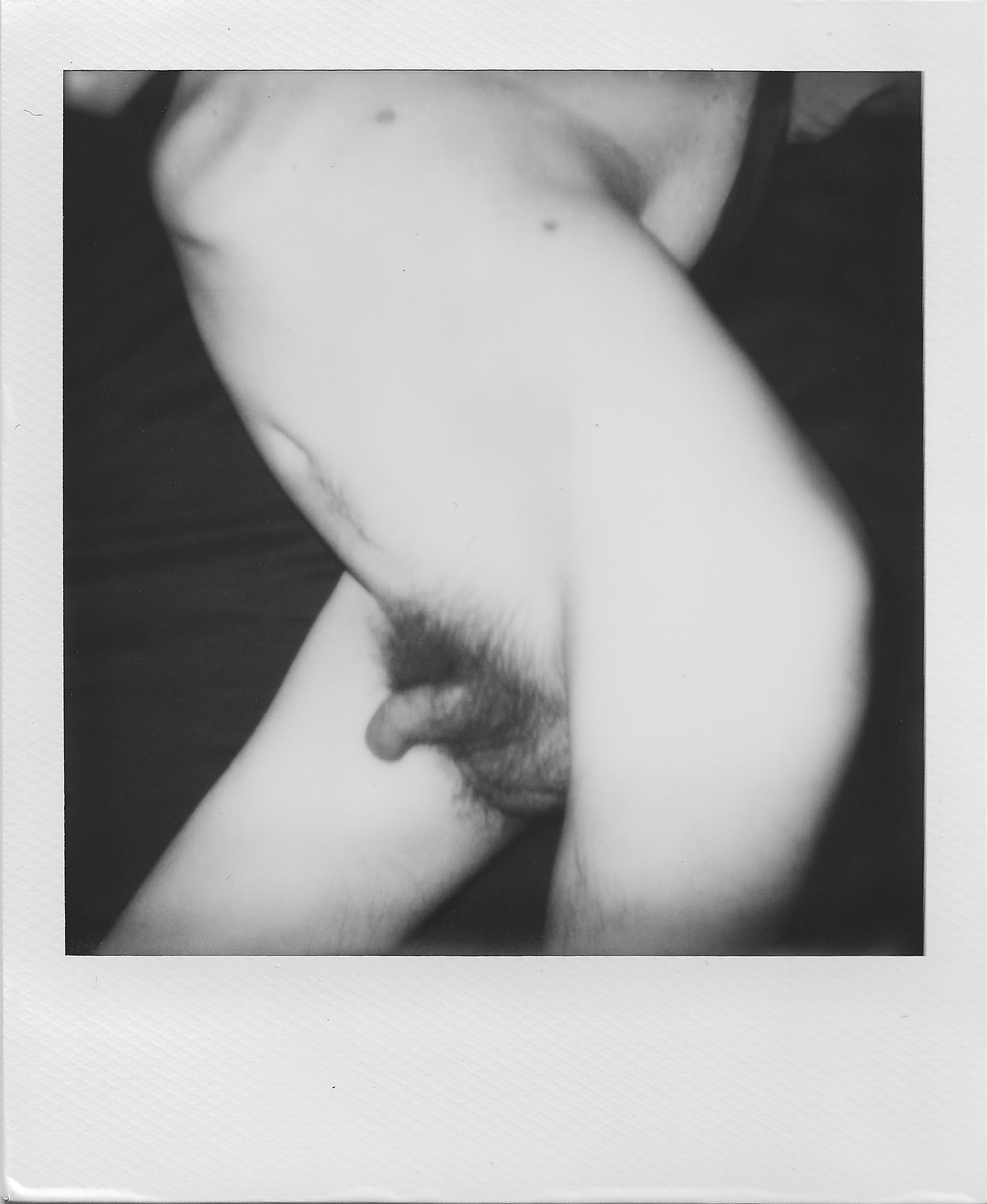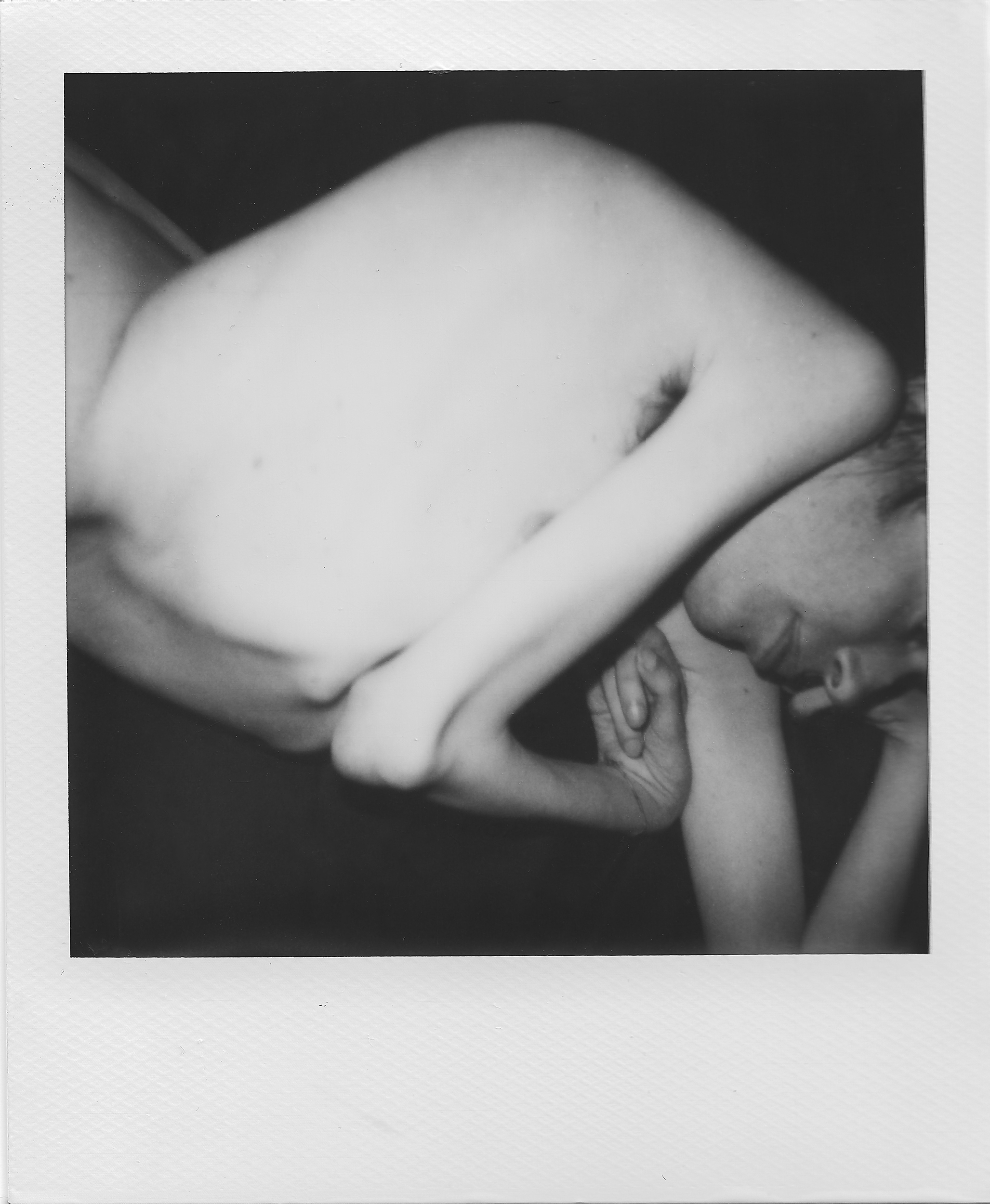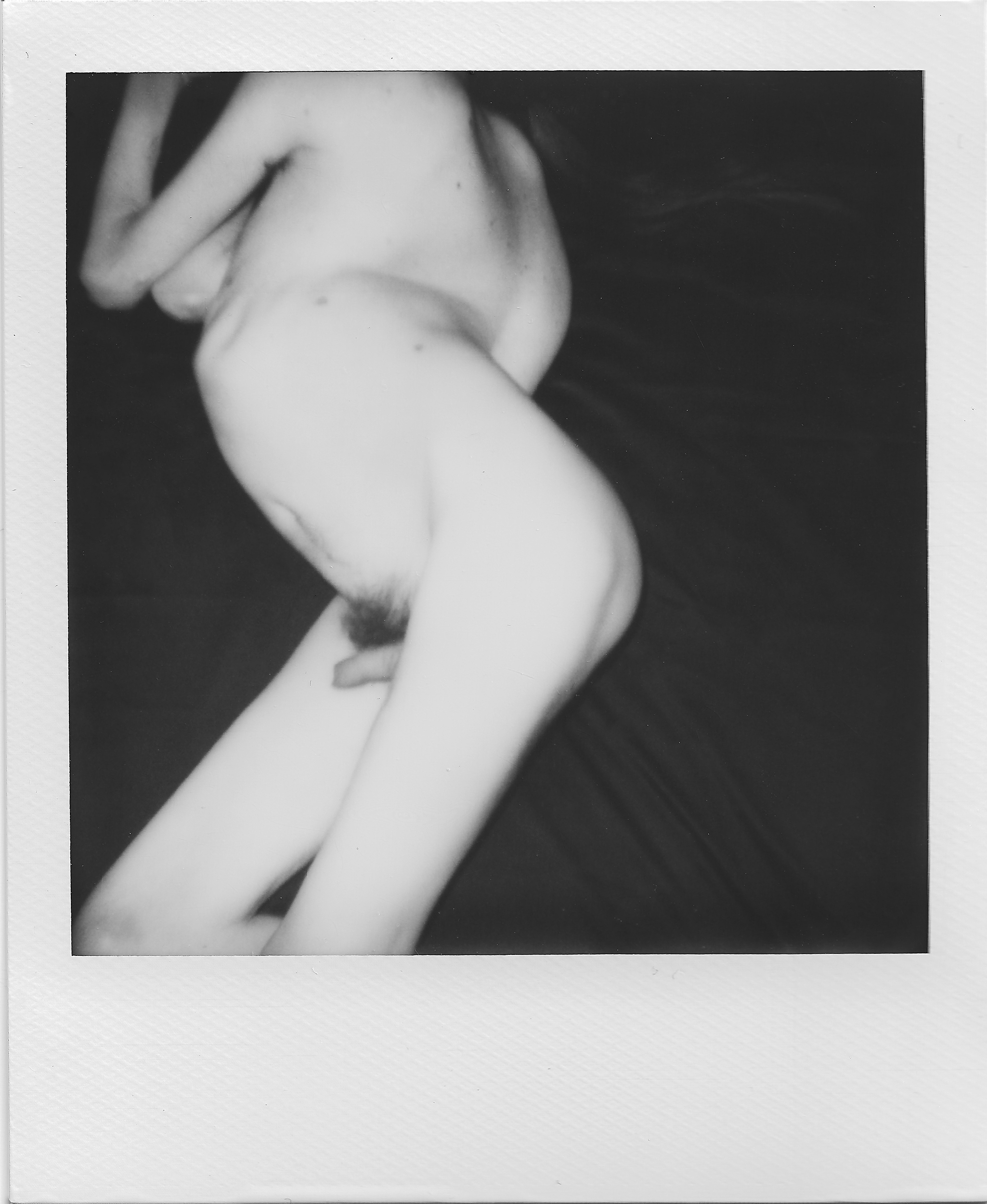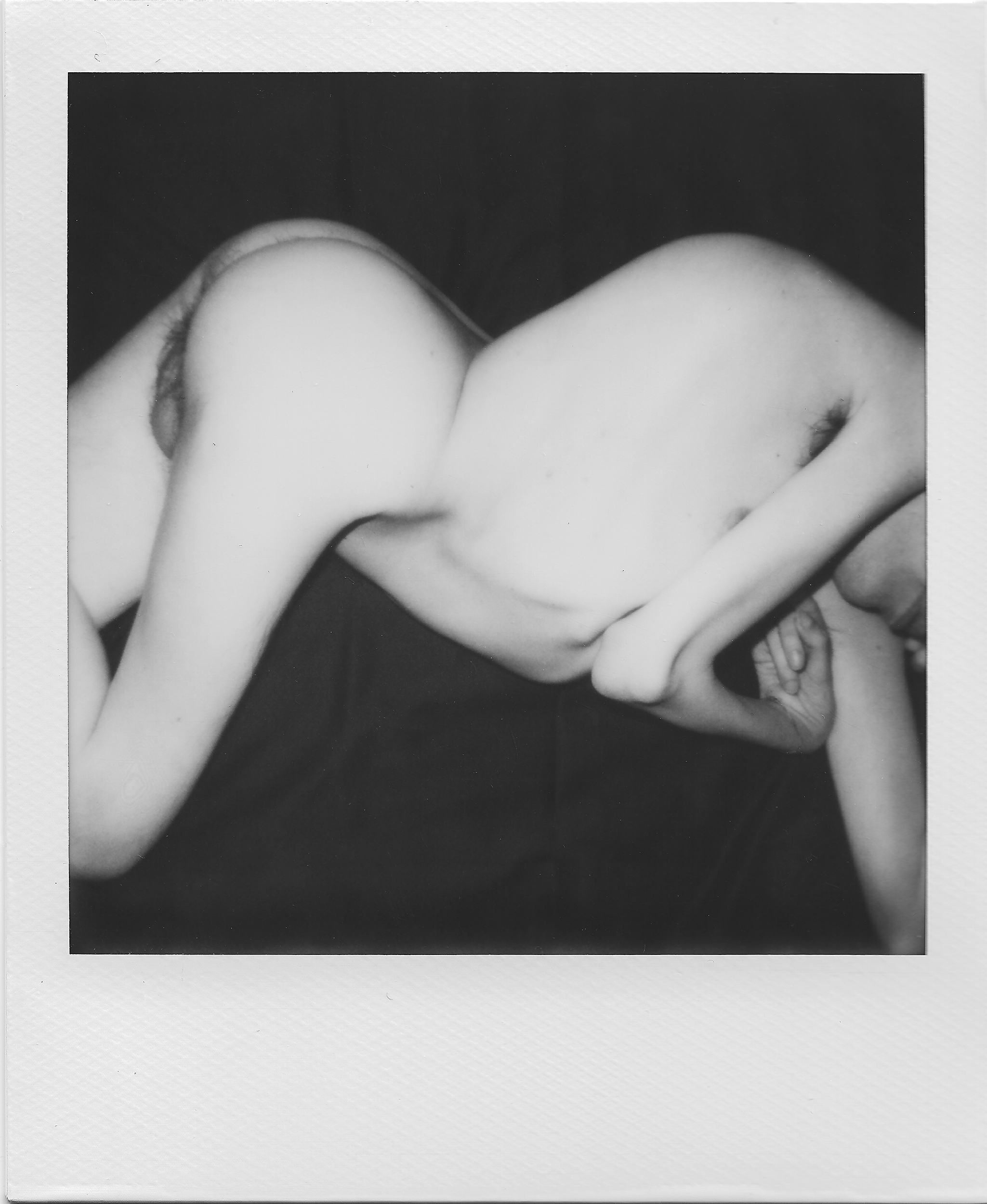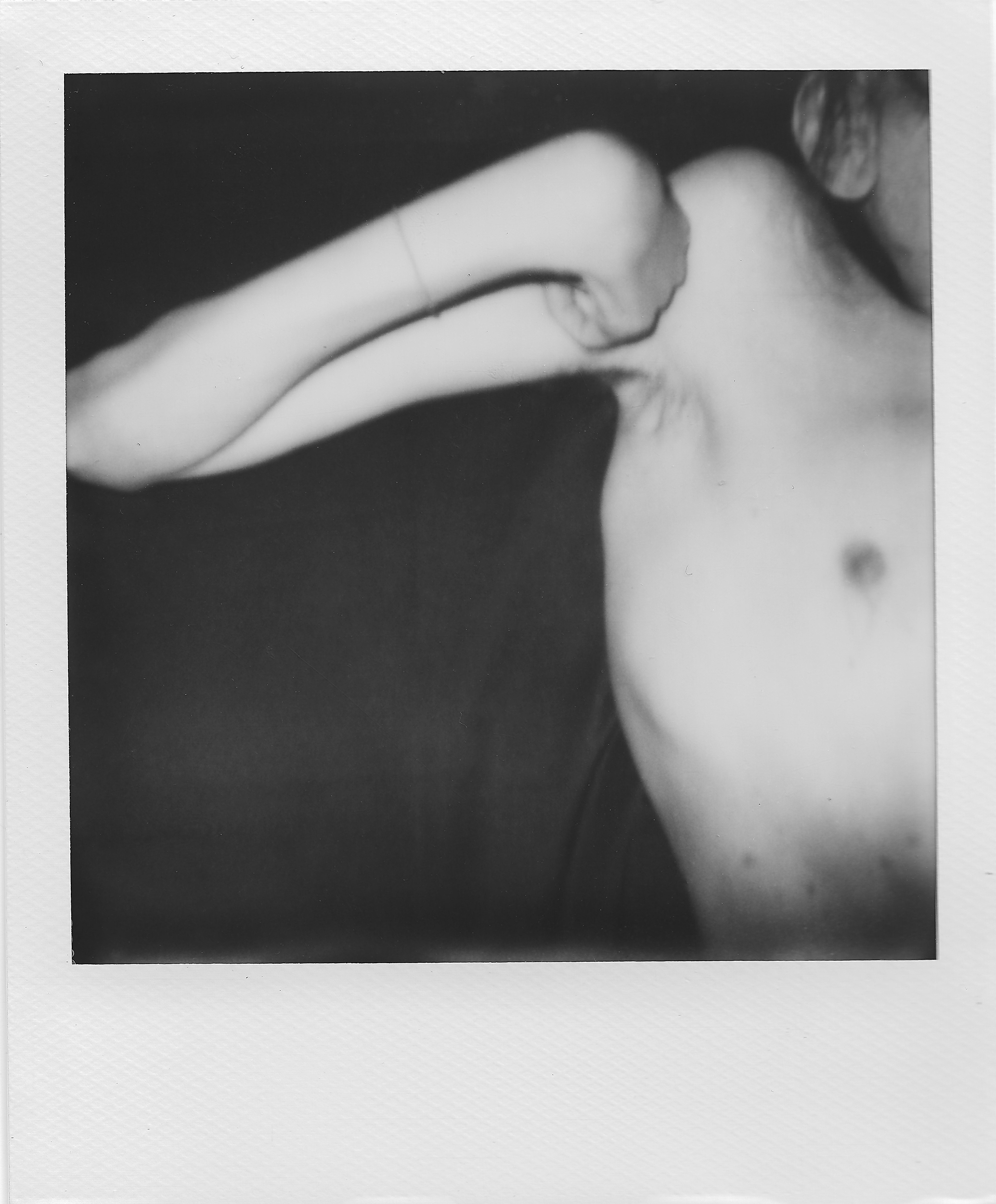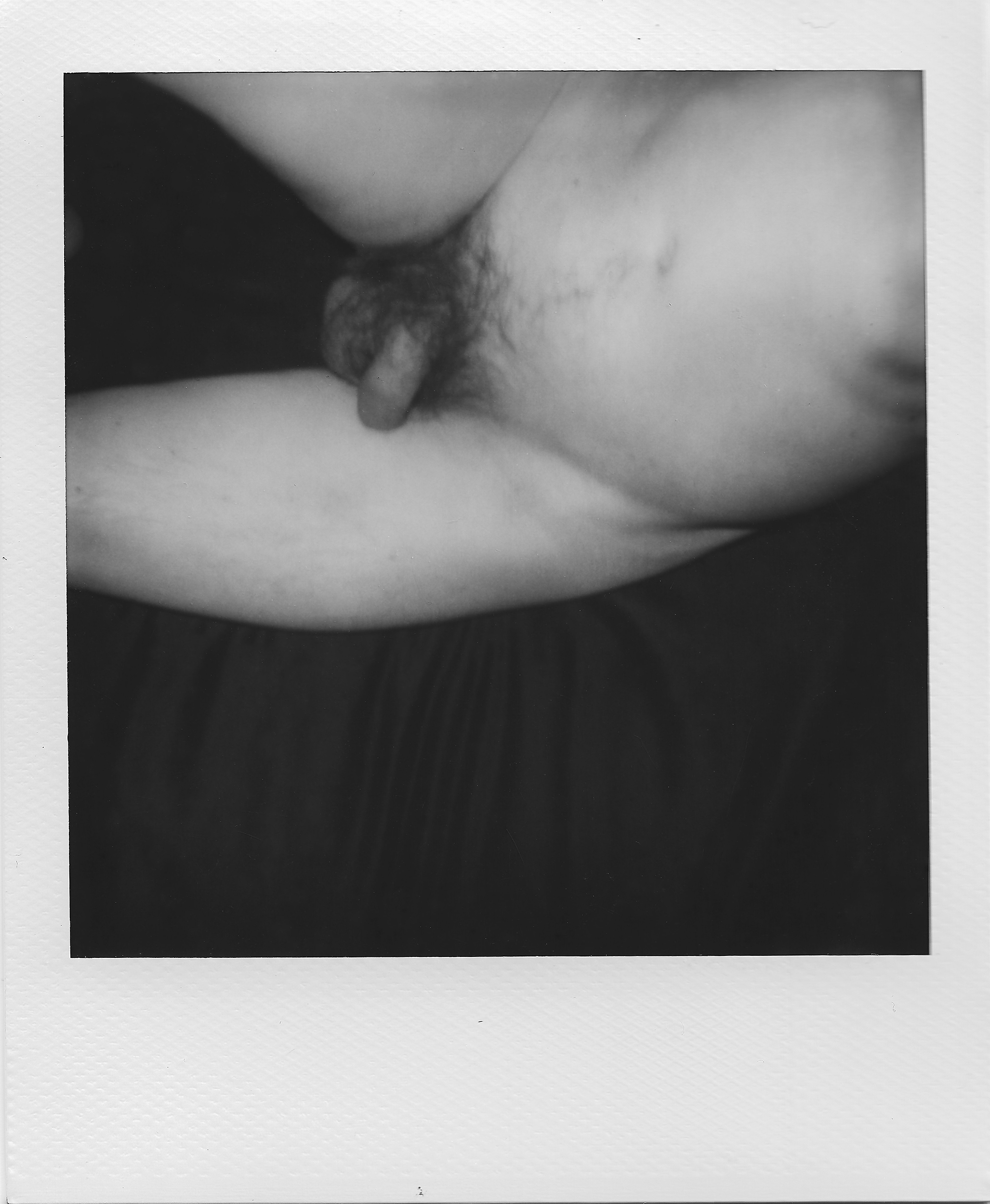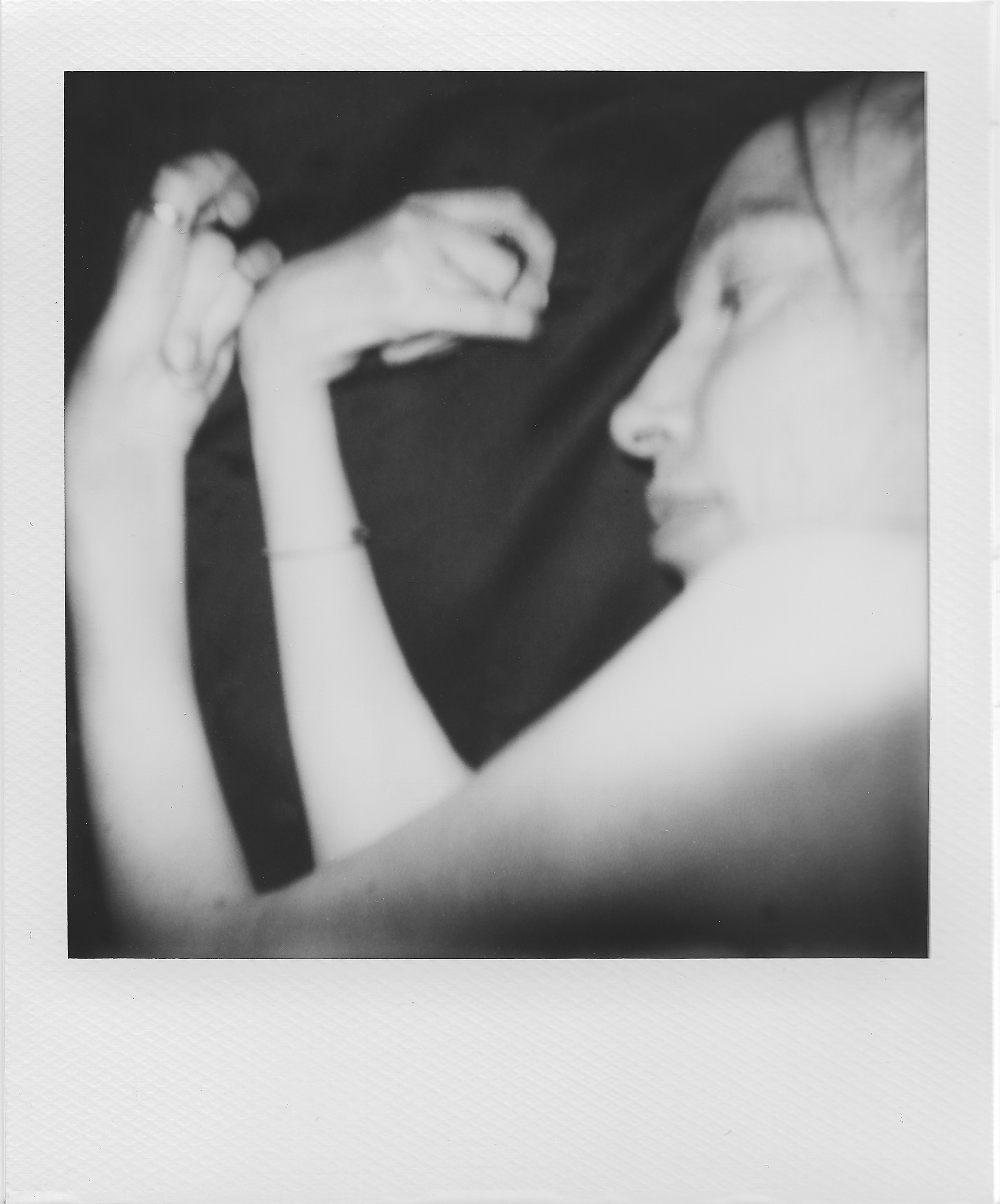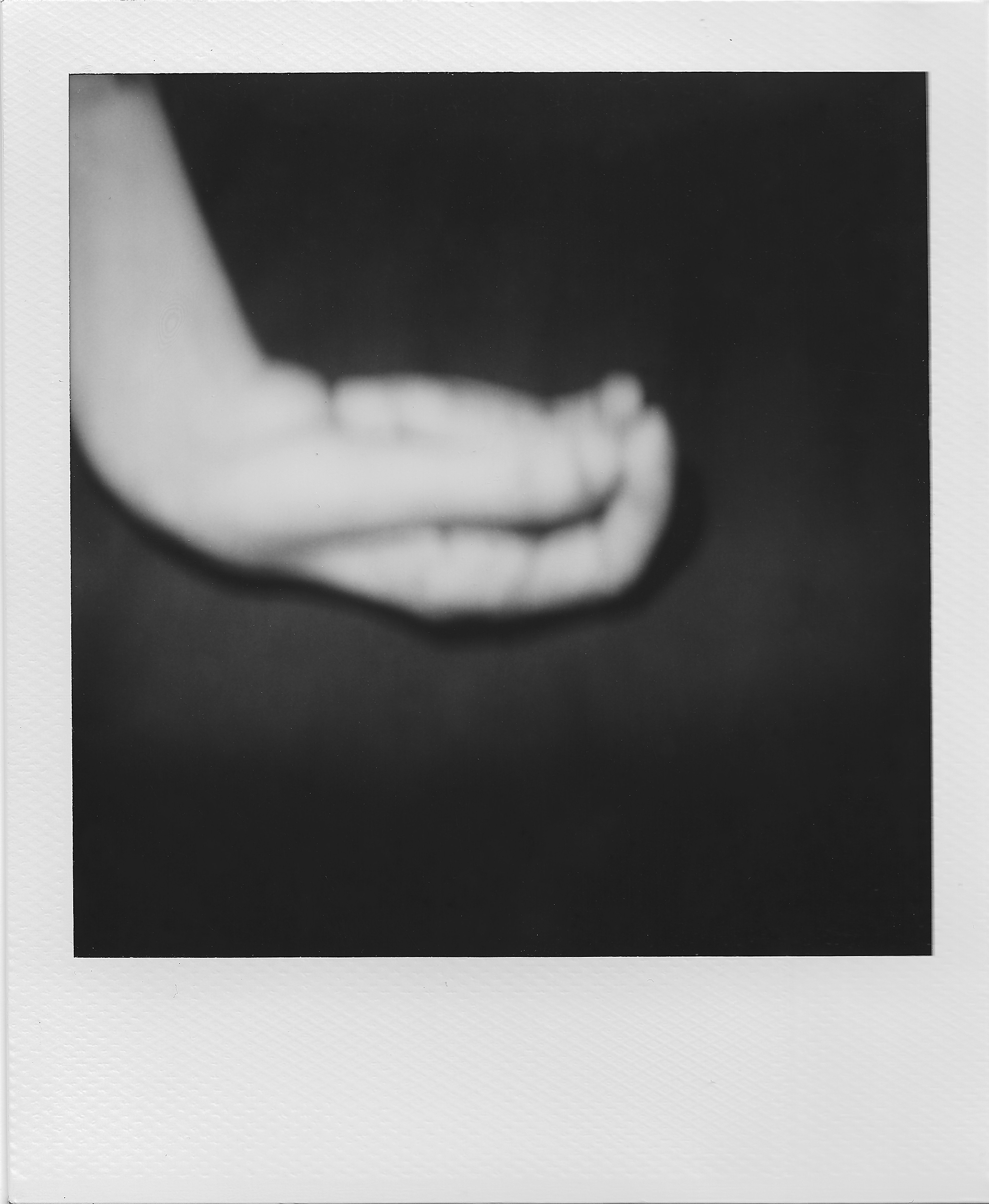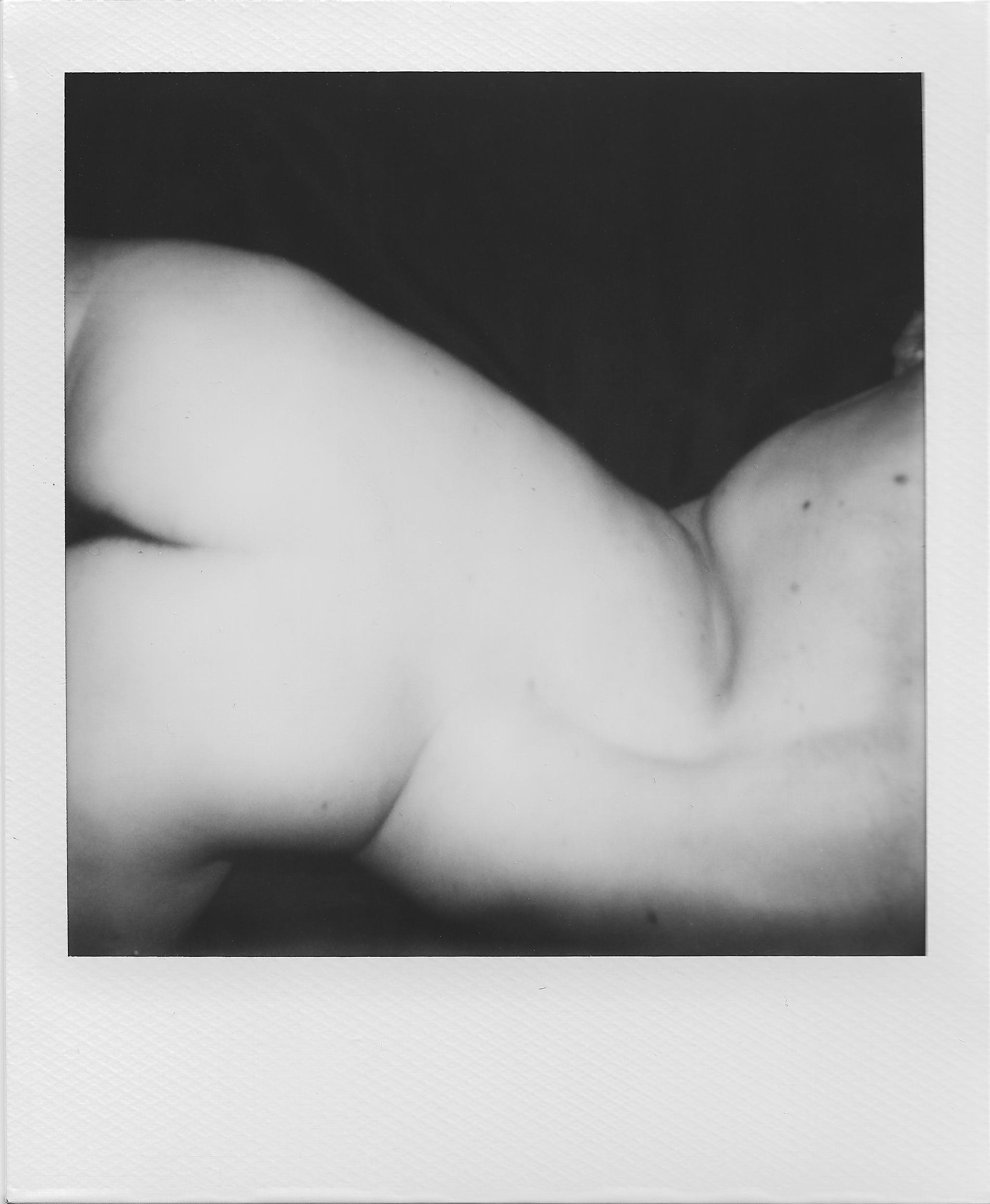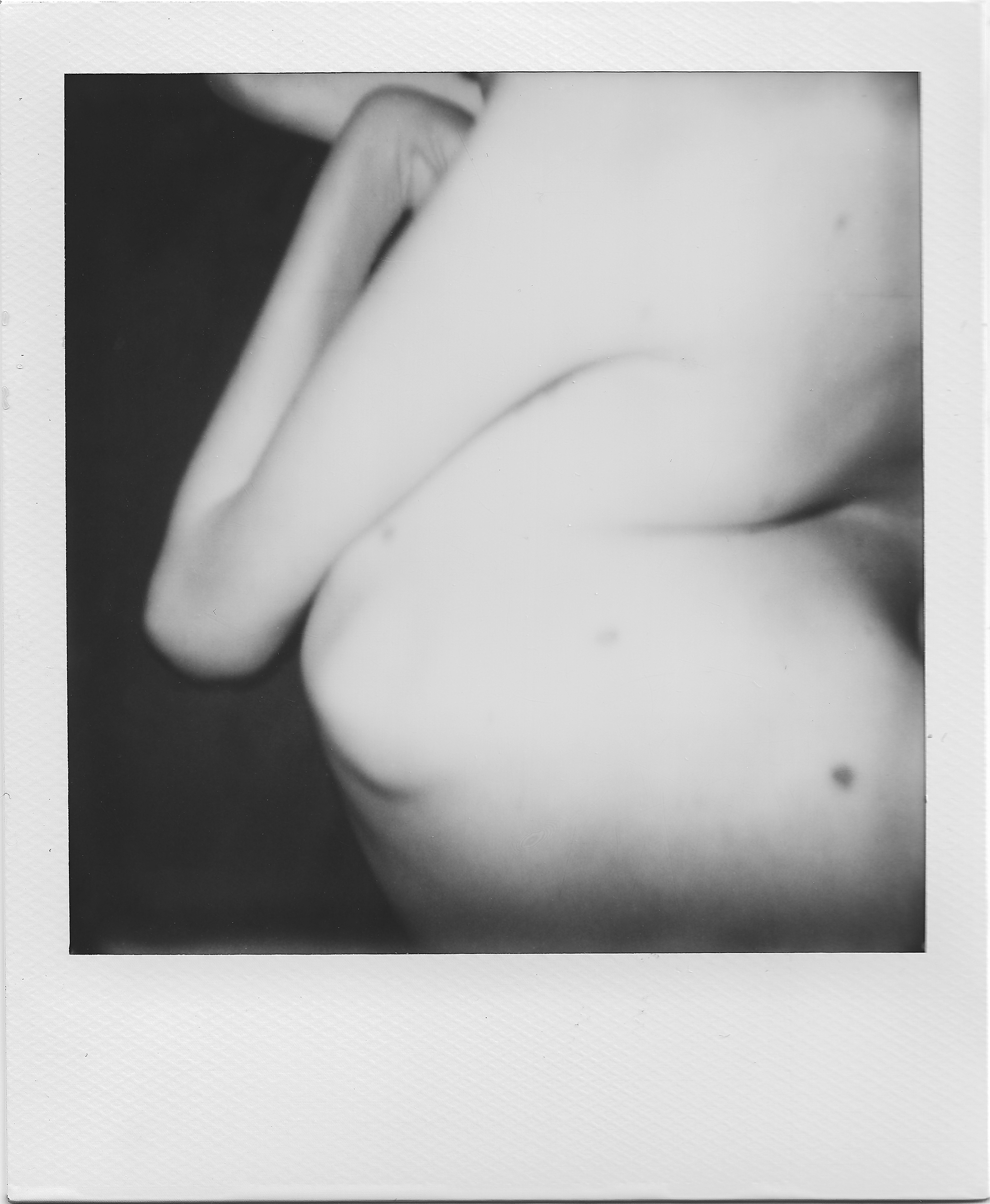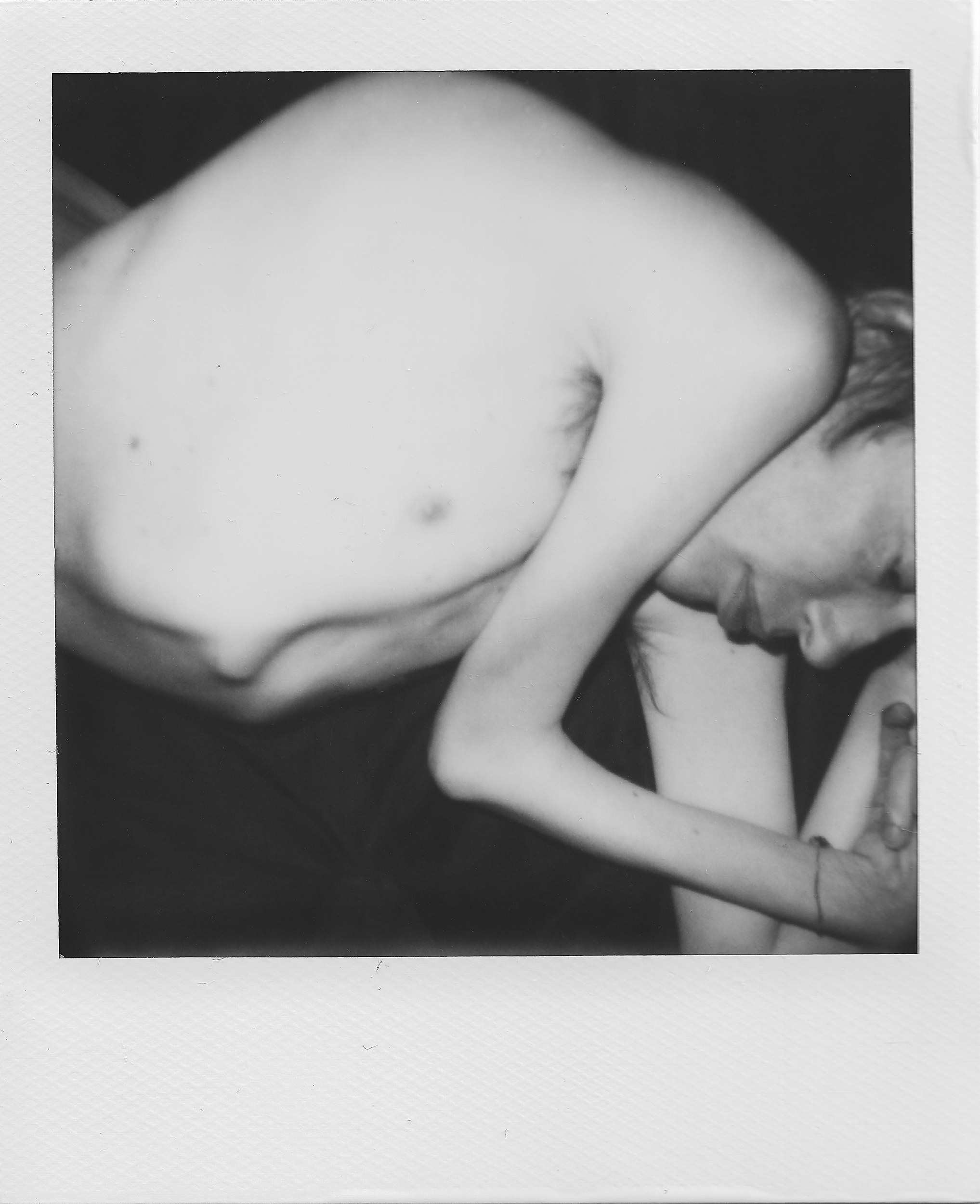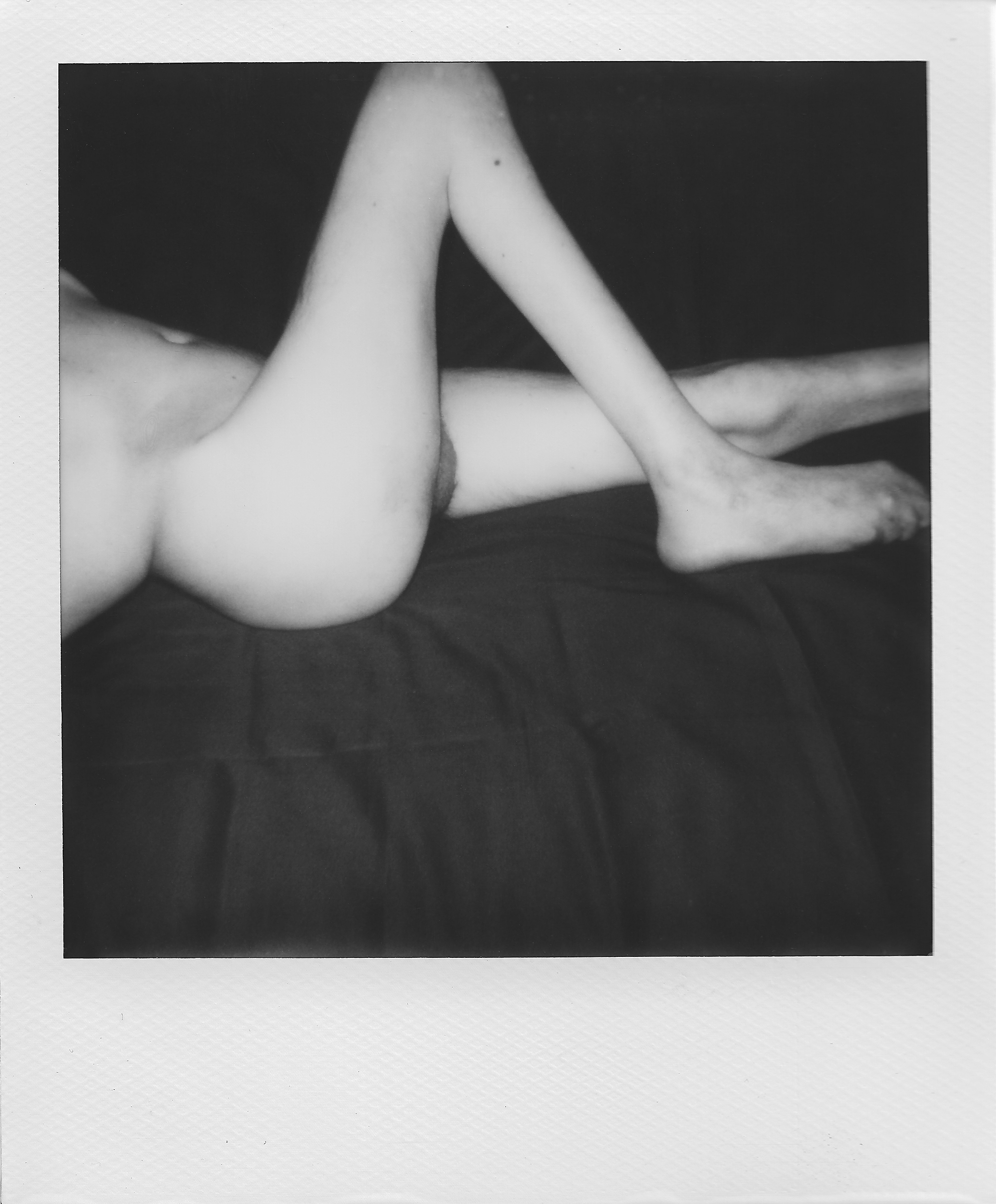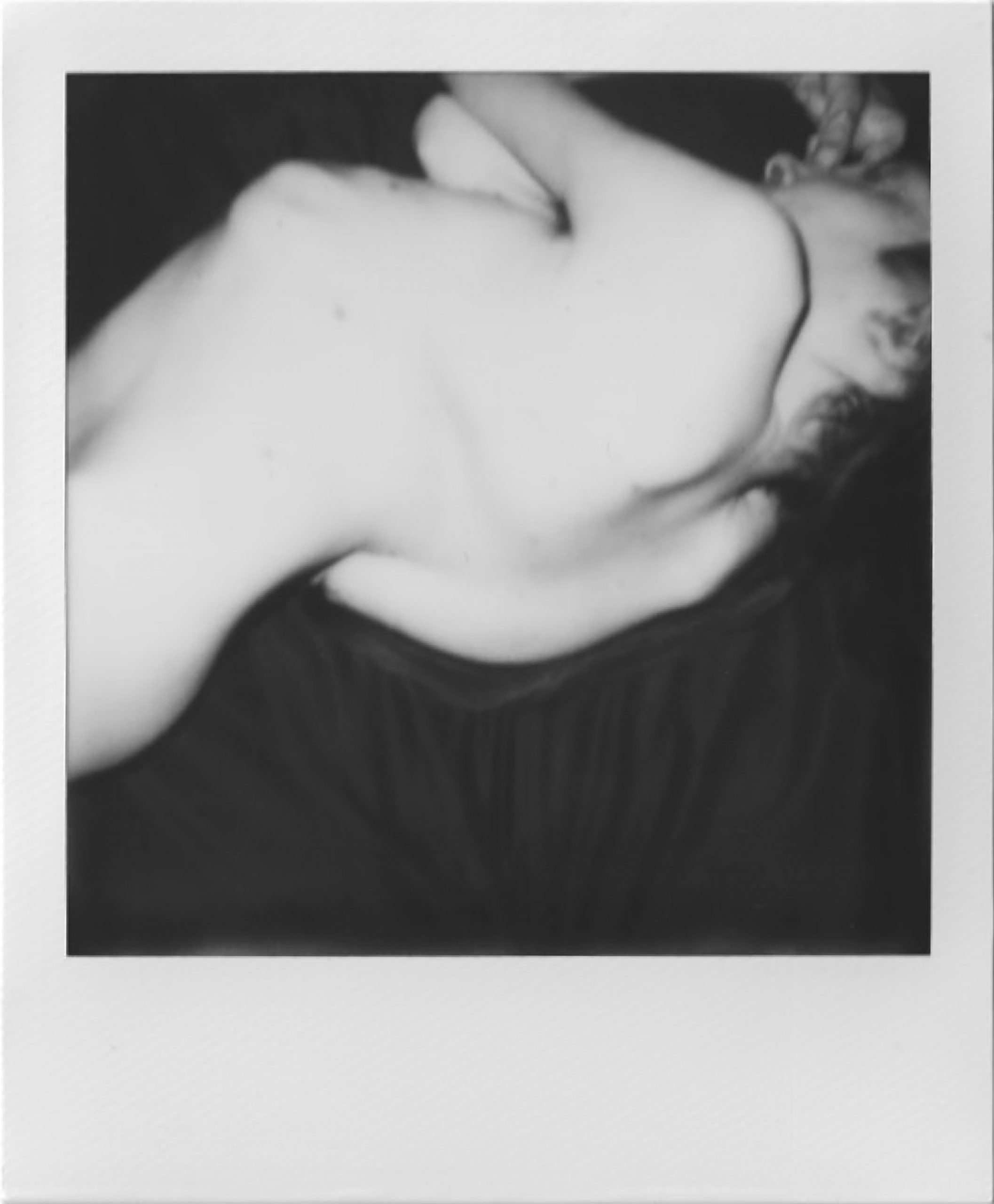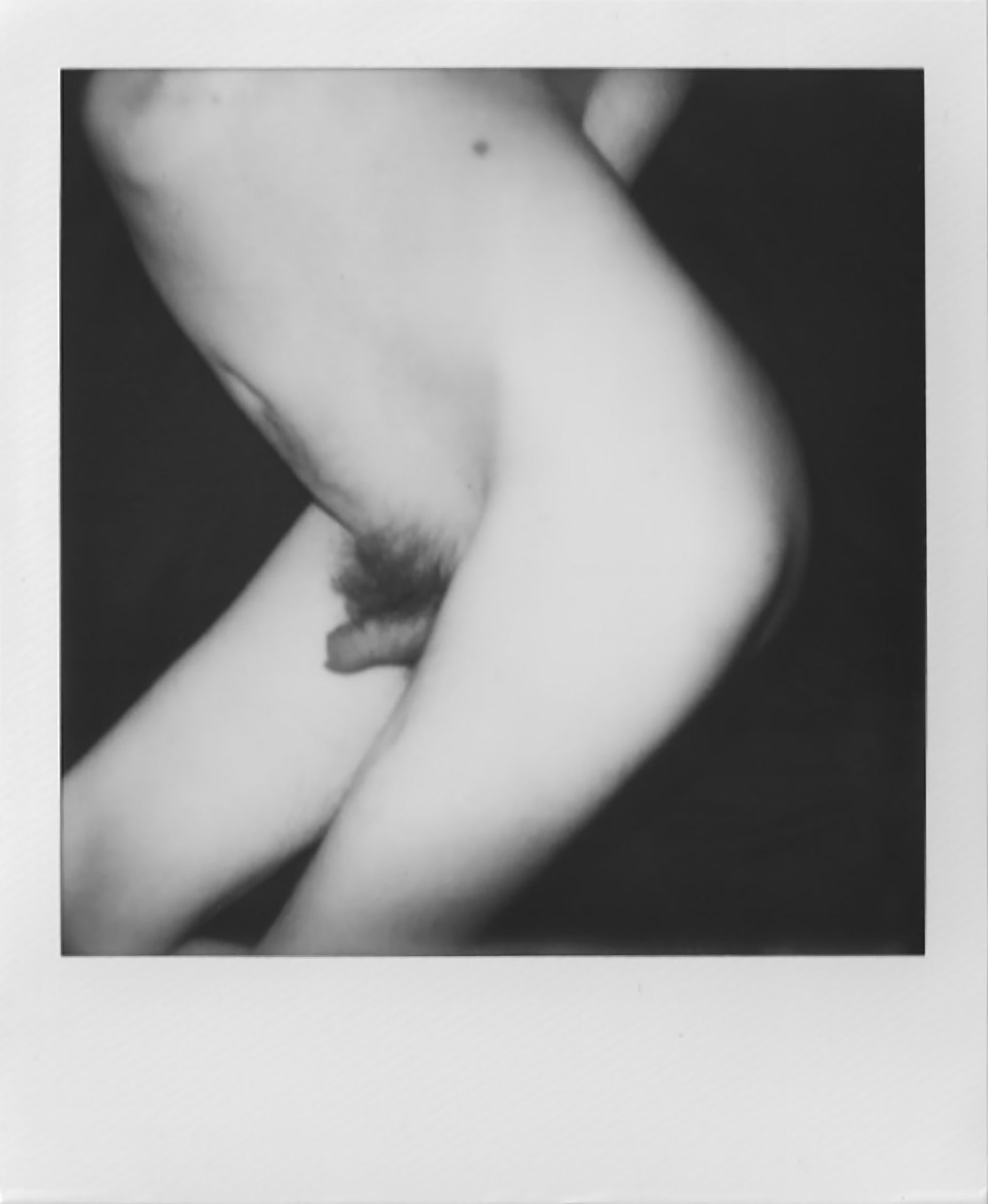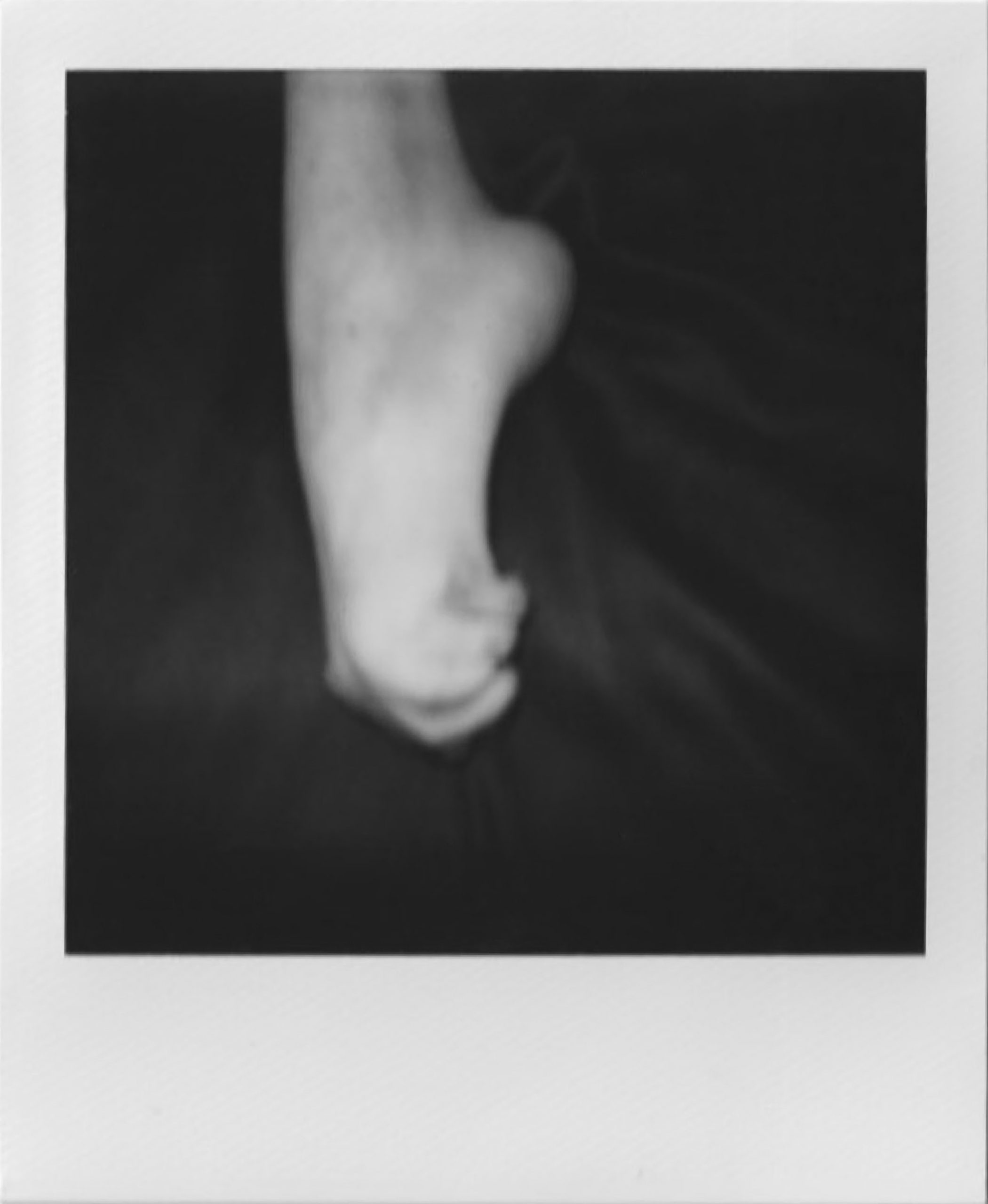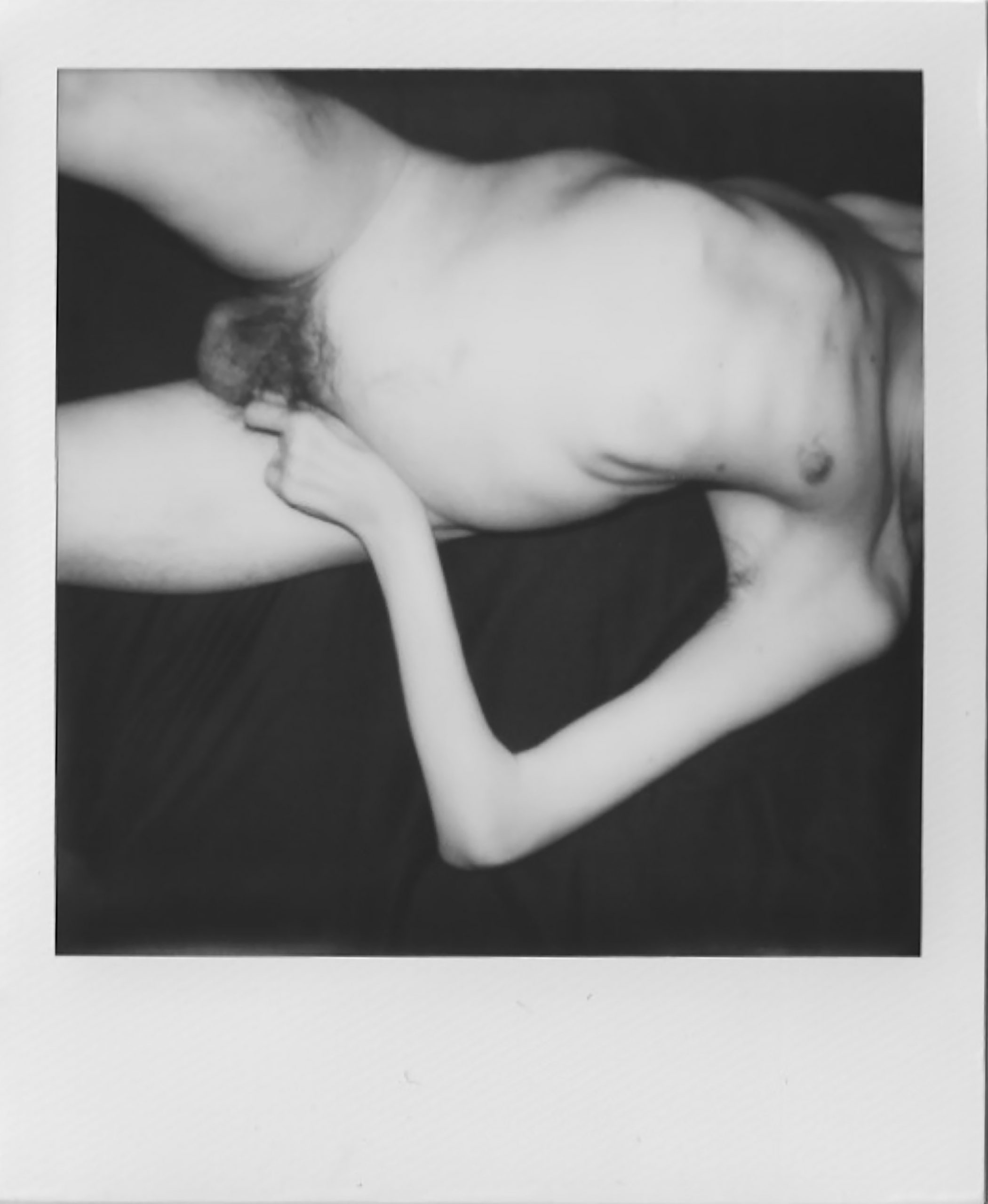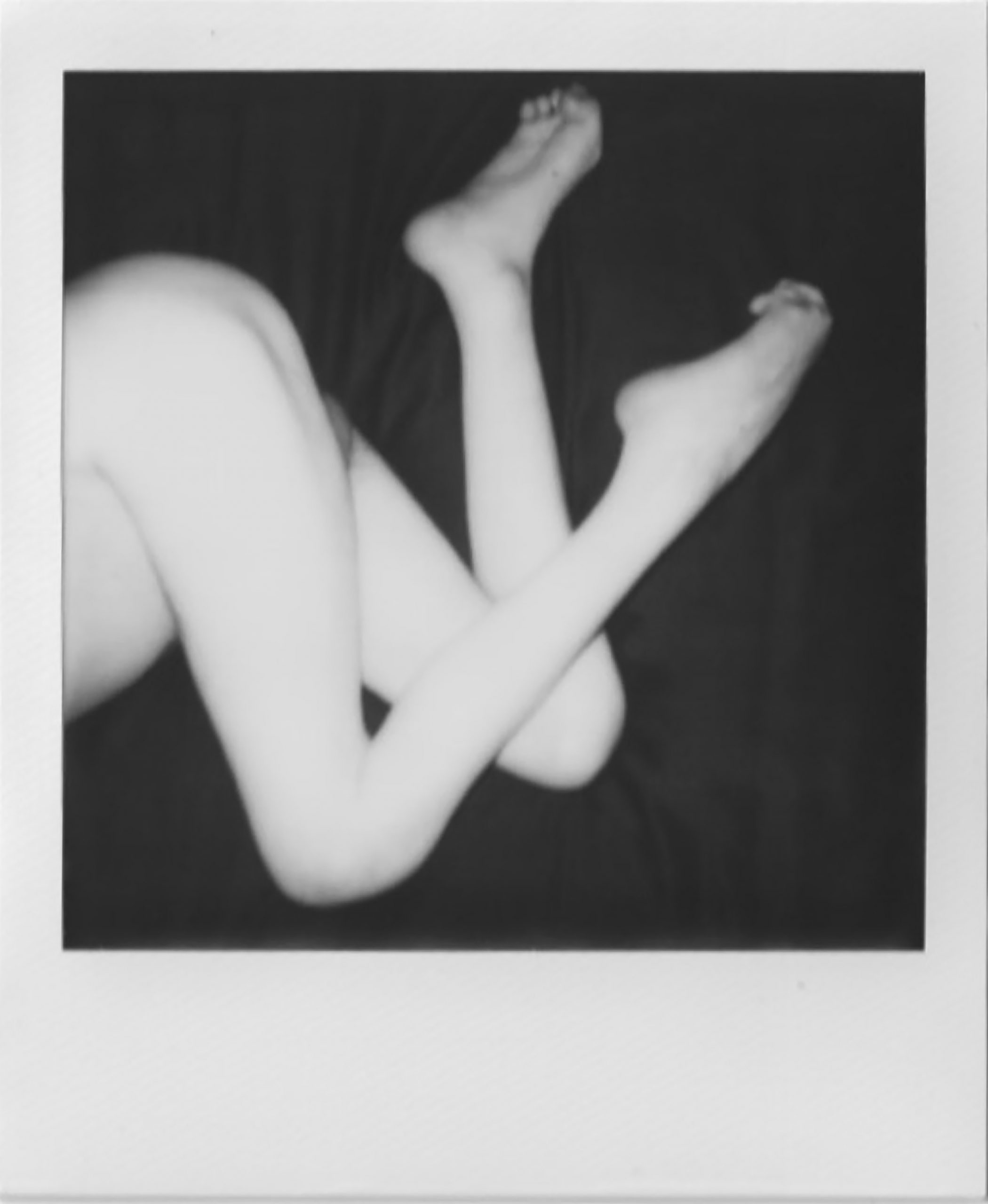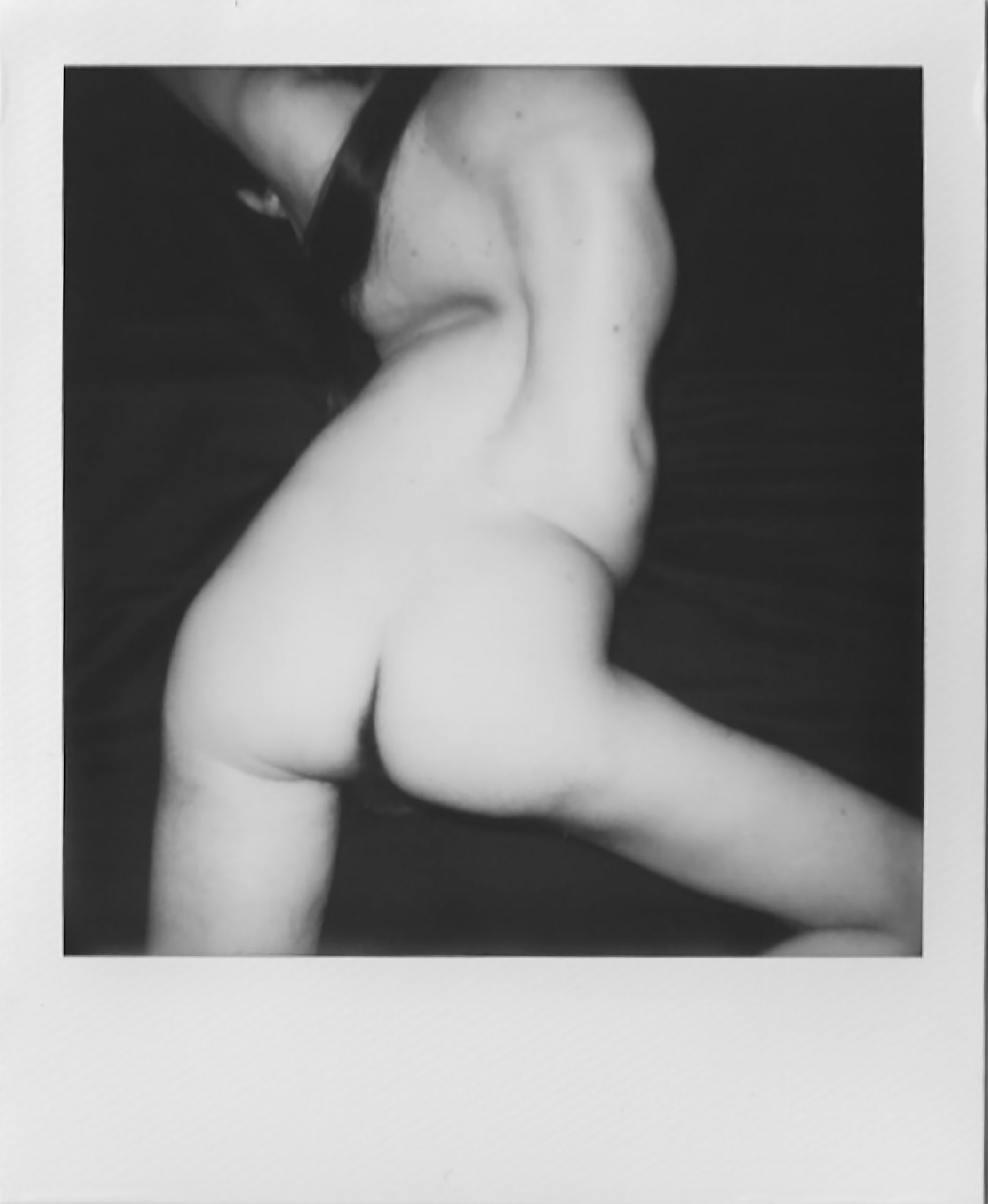PUZZLE OF ME
The photographic project Puzzle of Me(2018) was born from my collaboration with Maximiliano Ulivieri. Before translating into an aesthetic form according to the artistic canons, this encounter finds its basis in an intellectual reciprocity between the me and Maximiliano.
I focus on the social aspect to bring to light its most hidden aspects, those which are by definition quotes “taboos” of contemporary society. Ulivieri on the other hand, undertakes a real battle to affirm the right to live the sexuality of people with disabilities, a delicate issue that seems almost to be denied by our society to this category of people with greater difficulties.
On this common territory the meeting between the me and the Ulivieri was born, who with great courage decides to assume on his own naked body of a disabled person, all the values of the nascent social and intellectual partnership, becoming an icon of the project Puzzle of Me. It is no coincidence that the project is implemented through photography as an artistic language, because art is seen by both as the optimal tool for exploring unknown territories. Picasso’s lesson in cubism many years ago served Ulivieri to recognize his body in his broken identity.
While what interests the me is to restore, through the decomposition of Ulivieri’s nude, the uniqueness of his body as a disabled person.
By observing the individual pieces of the puzzle which are the shots of the black and white polaroid, we move around this body in a space – time, which is that of its existence, of which we can grasp the infinite revelations.
The candid forms in which the fragmented body which seems suspended in the void is received, can be freely rediscovered in the imagination of the observer. Starting from matter (the human body) and using one of the most dematerialised artistic languages of our time (photography), I invite the viewer to enter a new aesthetic and emotional dimension.
In order to rise to a higher level of understanding, it is necessary to abandon the failed attempts to want to see one’s body as one would like it to be, but on the contrary one must contemplate it as it is, since only then we do recognise its dramatic and fragile beauty
